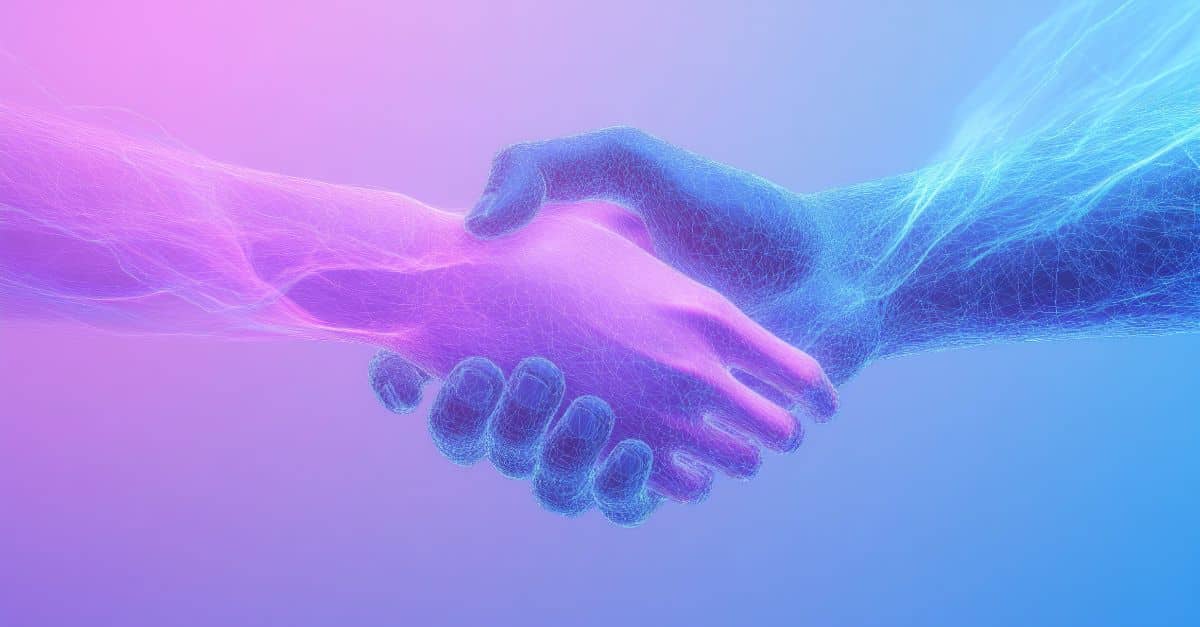Ericsson is now doing in minutes what used to take hours, making hiring life easier for managers and recruiters in the process.
The 145-year Swedish company Ericsson is involved in a myriad of cutting-edge technologies, including autonomous vehicles. It also recently announced an acquisition of Vonage. Ericsson has been increasingly using artificial intelligence in its networking business. Perhaps it’s only appropriate, then, that it turns to AI for the acquisition and management of the tens of thousands of people it hires annually.
Sasha Worthington heads up the team responsible for transforming the end-to-end Ericsson hiring journey across the globe.
Ericsson’s been on that journey for about a year and a half. If you had to boil down the goal, she says, it’s to “operate in a very, very smart way by accessing the best people on the market as quickly as possible. We need to make it much quicker and easier today for our recruiters and our hiring managers.”
To accomplish that, Worthington says, “we’re really embracing AI in any way we can across the People function.”
That embrace begins with talent acquisition because “the market is so competitive, crazy, crazy busy out there,” Worthington says. Among the ways an AI platform has been valuable:
- Better matching because the technology can infer skills a candidate left out of their CV. Ericsson can get 1,000 applicants for one role. “No longer are recruiters needing to troll through all of those candidates to find the best applicants,” Worthington says. “The best ones are floated to the top. And they’re not just the best ones based on the skills that we require. They’re inferred skills as well. So that’s where it’s really powerful because our talent pool is widening and we’re finding candidates that we may not have previously found.”
- Streamlining interview administration. Hiring managers are spending a lot less time hiring. It previously took about six days to schedule an interview. There was a ton of to-ing and fro-ing between the manager, recruiter, and candidate to schedule interviews. That now happens in minutes.
- Allowing recruiters to reallocate their time. Worthington says the platform is “enabling our recruiters to focus on what is important in the hiring process.” What’s most important? “Building a really much more compelling attraction strategy,” she says. “So they’re not getting tied up in sifting through CVs.”
All told, Worthington says Ericsson is “shortening the whole time it takes to then push a candidate through the whole process. It’s giving us a reduction in time to hire.”
Ericsson will now turn its attention to better understanding the skills of its 100,000-person-plus workforce. “We want to make it very simple and easy for them to own and manage their own careers,” she says. “What we’re going to be focused on next year is how we truly enable our employees to identify opportunities across the globe and really start to rescale and upskill.”
She says that Ericsson’s hiring managers will use the talent intelligence they now have to inform their hiring decisions. Managers will know whether they should go externally for skills, or whether the workforce has the skills desired in that hire internally.
As for Ericsson’s employees, they’ll use the platform to find new roles internally, including roles they hadn’t even considered previously, but were prompted by the AI platform. And, that’ll be linked to learning, so that employees can take any necessary courses to get to those next roles.
If you’d like to hear more about Ericsson’s journey, listen to its recent presentation at Cultivate Europe.










